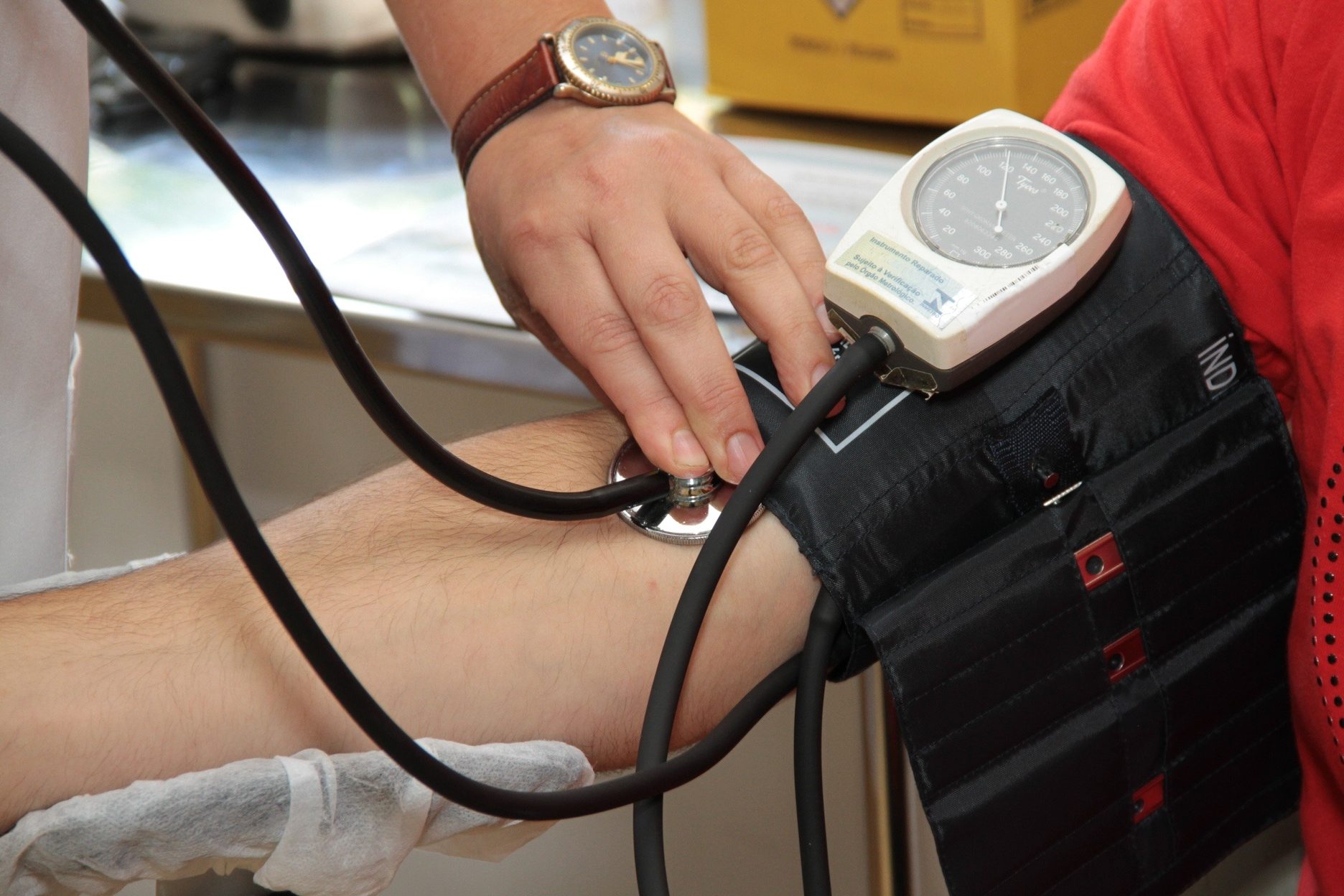It is recognised that low fruit and vegetable consumption is a major, modifiable, risk factor associated with raised blood pressure. However, how the national supply of fruit and vegetables has impacted blood pressure trends is little-known.
To address this, Dr James Bentham, Senior Lecturer in Statistics at the University of Kent, and his colleague Dr Linda Oude Griep at Imperial College Londonthe University of Cambridge, analysed supply trends from 1975 to 2015 and examined whether they met the WHO recommendations of 400g a day.
The researchers examined associations with systolic, diastolic, and raised blood pressure, using data on fruit and vegetable supply and blood pressure across 159 countries. The results indicated that increased availability of fruit and vegetables resulted in lower levels of raised blood pressure, nationally.
Their findings also highlighted that many countries, nearly half of those studied within the research, do not have access to enough fruits and vegetables, and this a particular problem in low-income countries. ‘Lower income countries that have a reduced availability of fruit and veg, are therefore at risk of higher levels of raised blood pressure’, Dr Bentham said.
‘In the UK we are currently experiencing fruit and vegetable rationing – and whilst this happens occasionally in this country, limited fruit and vegetable supply because ofy a lack of logistics it is a permanent issue in a lot of parts of the world.
‘Our results underpin the urgent need for national and international policies to expand fruit and vegetable productivity, in order to ensure sustainable fruit and vegetable supply, especially in low-income countries.
‘This, combined with public health programmes targeting fruit and vegetable consumption at the recommended level, are essential to reduce the burden of non-communicable diseases at national and global levels.’
Dr Bentham’s latest research into food supply limitations echoes results from an earlier study which characterised changing food supplies – with the aim of informing food policies that would ensure national food security, support access to healthy diets and enhance environmental sustainability.
The paper ‘Worldwide associations of fruit and vegetable supply with blood pressure from 1975 to 2015: an ecological study’ is published in BMJ Nutrition, Prevention & Health.
University of Kent
The University of Kent is a leading UK university producing world-class research, rated internationally excellent and leading the way in many fields of study. Our 20,000 students are based at campuses and centres in Canterbury, Medway, Brussels and Paris.
We are renowned for our inspirational teaching and our graduates are equipped for a successful future allowing them to compete effectively in the global job market.
We are committed to supporting outstanding research and innovation across the arts and humanities, sciences and social sciences. Our discoveries and research will emphasise existing and new signature areas, where we match the best in the world.
The University is a truly international community with over 40% of our academics coming from outside the UK and our students representing over 150 nationalities.
We are a major economic force in southeast England, supporting innovation and enterprise and through collaboration with partners, work to ensure our global ambitions have a positive impact on the region’s academic, cultural, social and economic landscape.
Right to Food
The University of Kent has committed to being a Right to Food university, in partnership with the Food Foundation.
The Right to Food in international law is articulated in Article 11 of the International Covenant of Economic Social and Cultural Rights (1966). It falls under the general provision of the right to an adequate standard of living: “right of everyone to an adequate standard of living for himself and his family, including adequate food, clothing, housing, and to the continuous improvement of living conditions.”
Unlike housing and clothing, the right to food is uniquely detailed in Article 11(2). It sets out the “fundamental right for everyone to be free from hunger” and includes 4 further elements:
1. Improving food production and conservation.
2. Sharing of knowledge
3. Reforming agrarian food systems
4. Fair trade throughout the food system
The Right to Food means ensuring that food is:
• Available: there is a stable supply
• Accessible: people must be able to get and make food in a way that is fair and stable, e.g. through affordable food that is sold, or through access to land to grow food.
• Adequate: food should be culturally, ecologically and nutritionally appropriate. What is considered “adequate” will vary across communities and people should have the ability to decide for themselves.

